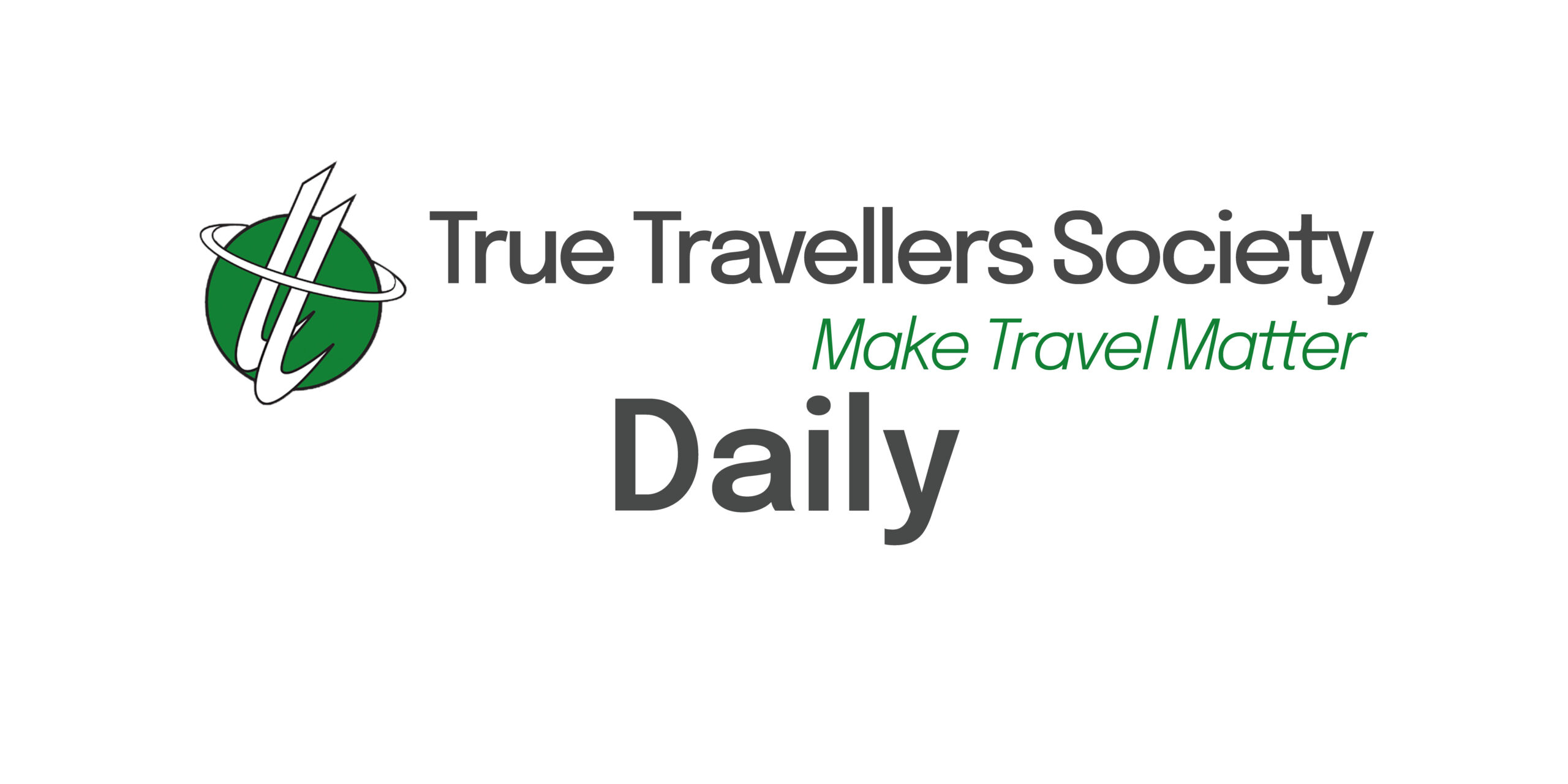Ethiopia, like other countries with limited resources, suffers from a significant human resources for health (HRH) shortage. With currently less than one physician for every 25,000 people.
The country is in the process of rapidly scaling up its number of physicians. However, medical education has been traditionally taught with limited integration between the basic and clinical sciences; insufficient attention to teaching communication skills, problem-solving skills and social aspects of health; and an overload of biomedical detail.

In an effort to remedy these deficiencies, Ethiopia’s Federal Ministry of Health (FMOH) in collaboration with the Federal Ministry of Education (FMOE) and other partners, has developed strategies to address its health workforce challenges by introducing the Medical Education Initiative (MEI).
This initiative seeks to transform the traditional medical curriculum to Modular-integrated curriculum with an emphasis on building students’ critical thinking capacity and supporting experiential and collaborative learning through information technology. In addition to revamping the medical education curriculum, the FMOH has also undertaken the aggressive expansion of higher education by opening thirteen new medical schools. However, many of the newly opened medical schools are facing a shortage of qualified instructors and educators, sufficient infrastructure, and learning resources.
Responsibilities:
Volunteers involved with MEI will be deployed at one of 13 new medical schools in Ethiopia as crucial medical instructors both teaching and advising students and fellow staff. Through a modular-integrated curriculum approach to medical education, Pre-clinical Volunteers will teach medical students basic sciences such as microbiology, anatomy, biochemistry, and physiology or a topic in their field of expertise. Clinical Volunteer medical educators will support clinical training at the associated teaching hospitals by strengthening clinical teaching and professional competency development (PCD) skills of students. Thus, students will be able to connect classroom learning with problem-based skills lab activities. On a wider scale, they will also help to review and edit the revised MEI curriculum.
Volunteer activities:
• Pre-clinical Volunteers will engage in teaching medical students on the topic of their particular expertise in basic sciences as stated in the MEI curriculum, and participate in the following teaching responsibilities:
– Contribute to curriculum develop for basic sciences modules and lectures
– Development of teaching and learning materials
– Prepare, proctor and grade student examinations
• Clinical Volunteers will engage in the clinical training of third- and fourth-year medical students; supervise and precept students at their clinical attachments, in clinics and district hospitals; Work with university the Dean , department head, Academic vice president and clinical & pre-clinical coordinate to evaluate the academic strengths and weakness the institution and develop a plan for sustainable improvements
• Assist in improving the national capability in the conduct of research in pertinent topics
• Provide leadership in area of expertise; introduce and enhance the evidence-based scientific information, technologies and ideas within MEI institutions.
• Work with other VHC medicals instructors across MEI schools to discuss best practices, improve coordination and collaboration (AIHA will help organize and facilitate)
The Benefits:
The Volunteer Healthcare Corps covers all travel related costs (flights to and from Ethiopia, visas, permits, vaccinations) and provides appropriate housing and a living stipend as well as other benefits. The VHC also provides in-country support through our office in Addis Ababa and an orientation for volunteers.
Desired Skills and Experience:
AIHA and the Ethiopian Ministry of Health are seeking candidate with the following qualifications.
Required:
• Medical Doctor, GPs (specialists and sub-specialists, PhD/MS in Biological Sciences (Anatomy, Histology, Biochemistry, Physiology, Neuroscience, etc.) and MS in Nursing
• More than 2 years lecutring or mentoring at the undergraduate/postgraduate leveFamiliarity with the modular apprach to medical education and its implementation
• Strong background in implementation of collaborative research
• Proven ability and track record of delivering tasks within the expected timeframe
• Strong effective teaching skills
• Proficient knowledge of literature and journal search engines/databases
Preferred:
• A self-motivator and self-starter, with strong written and verbal communication skills
• Ability to work independently as well as within a team
• Familiarity with Ethiopian healthcare context
• Previous experience working in a low-resource setting area
• Excellent interpersonal skills and demonstrated ability to develop cooperative working relationships
• Experience in postgraduate coordination
Commitment: 6 months- 1 year
For more information about this volunteering opportunity check out their website.

